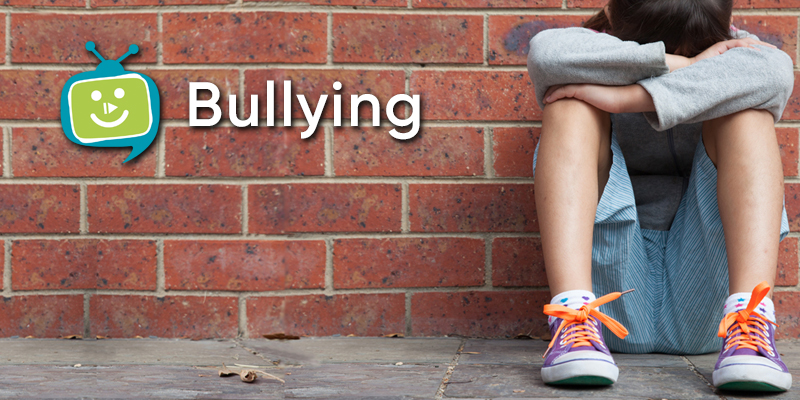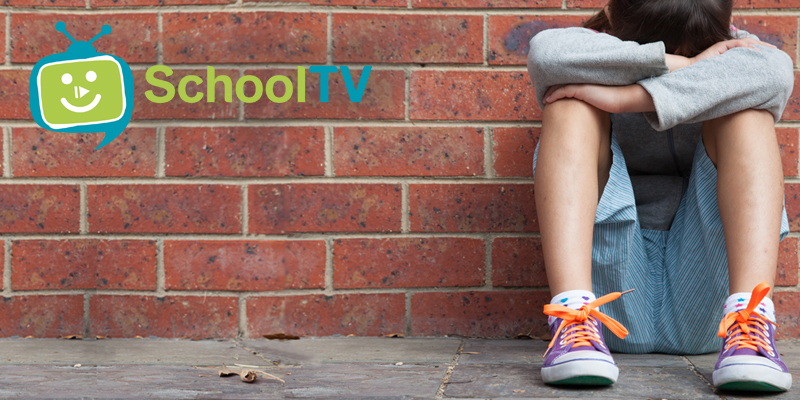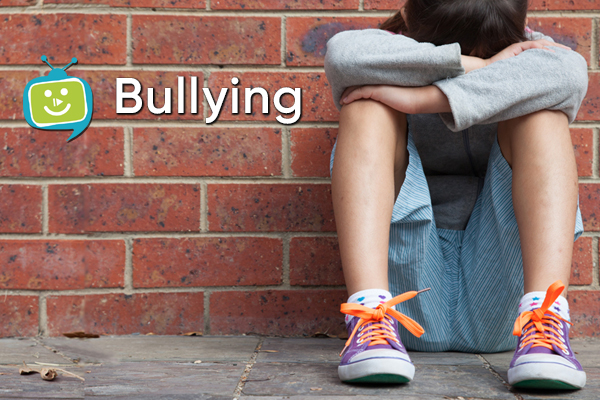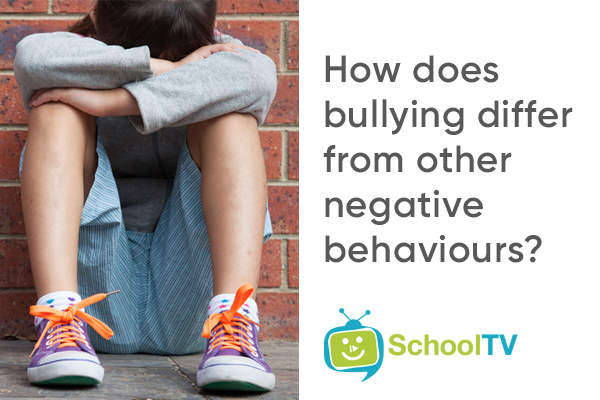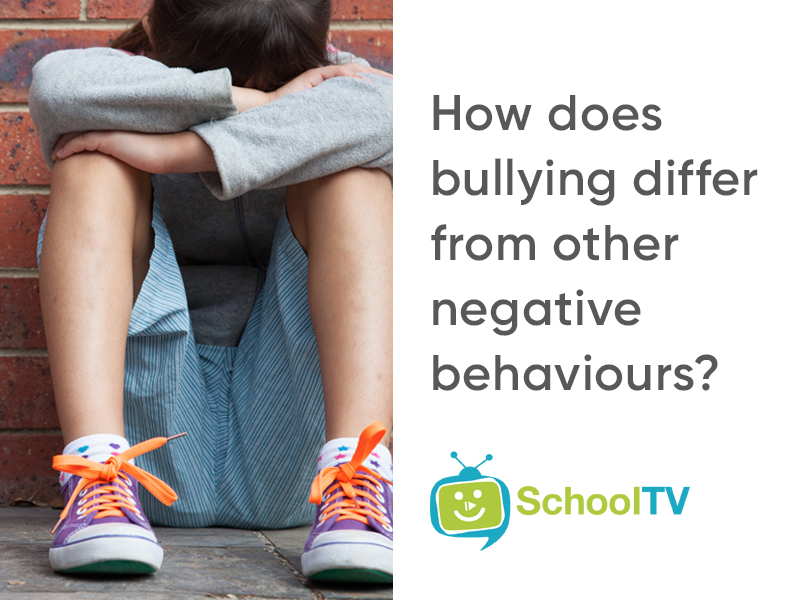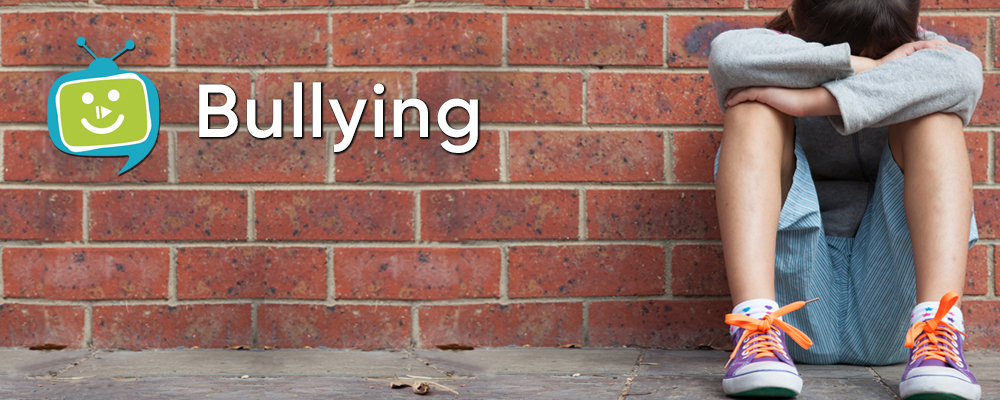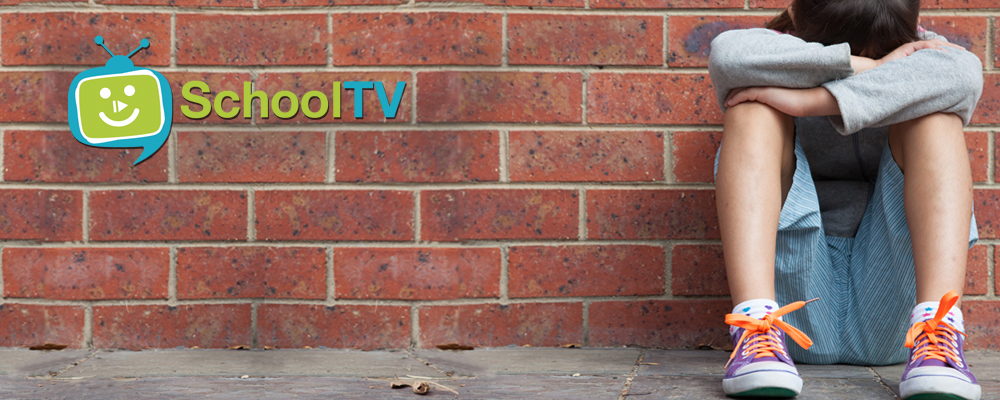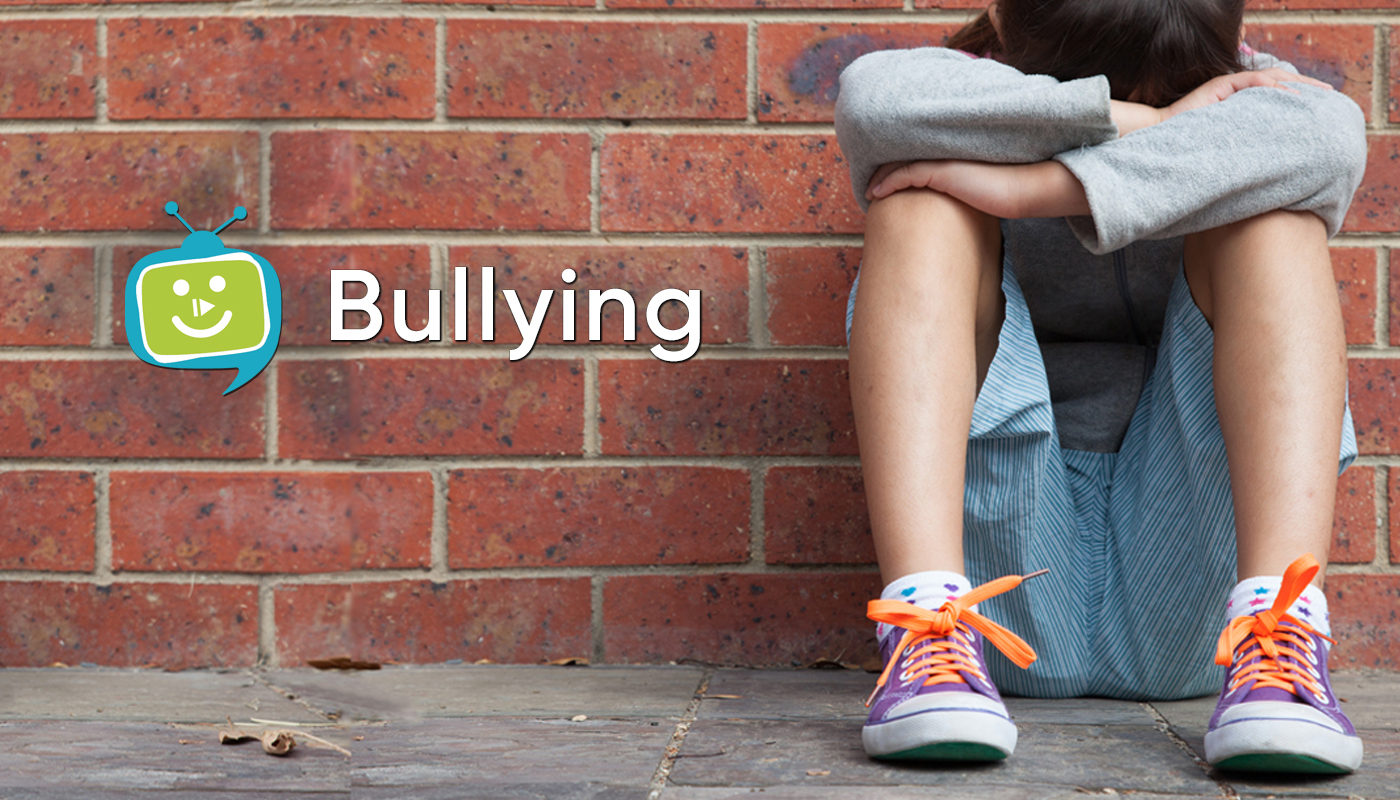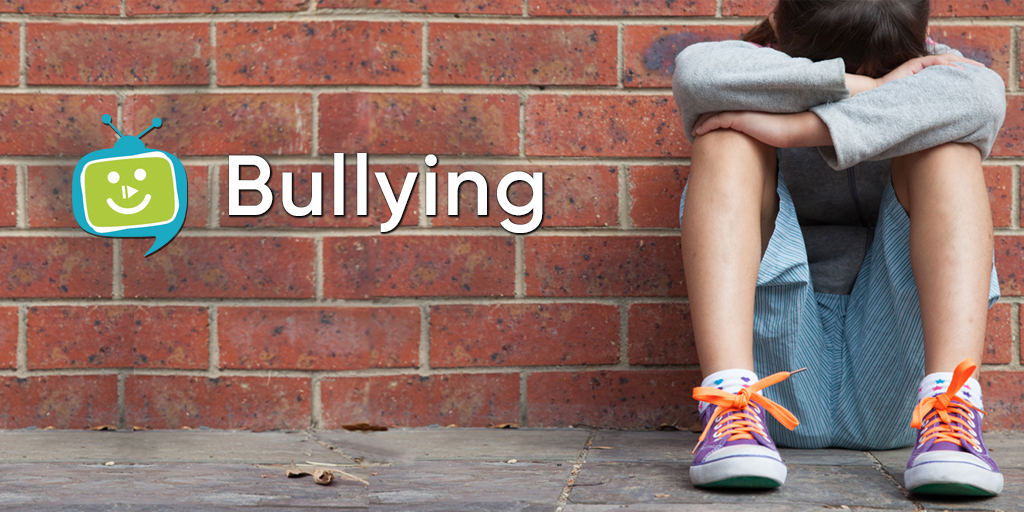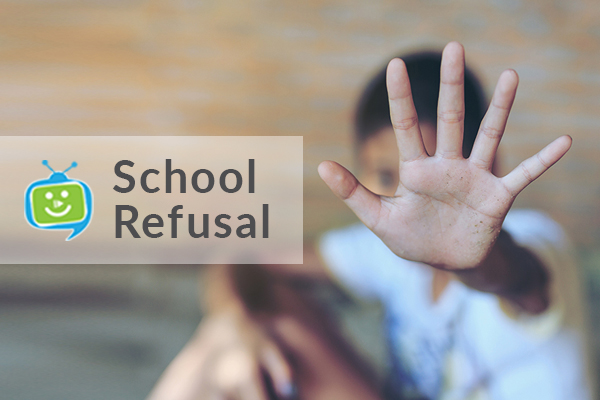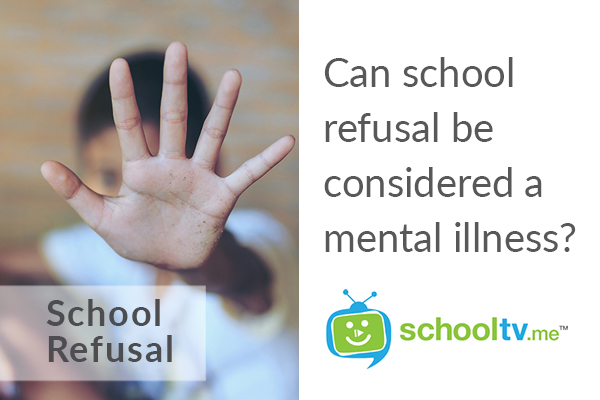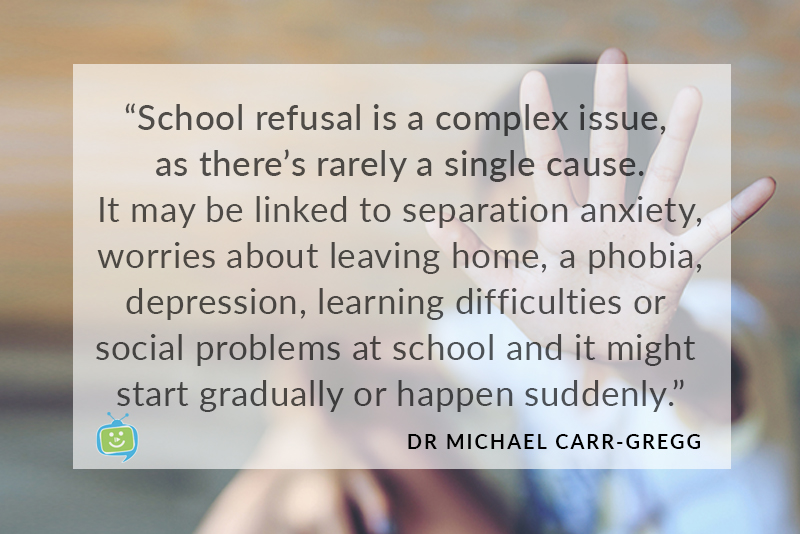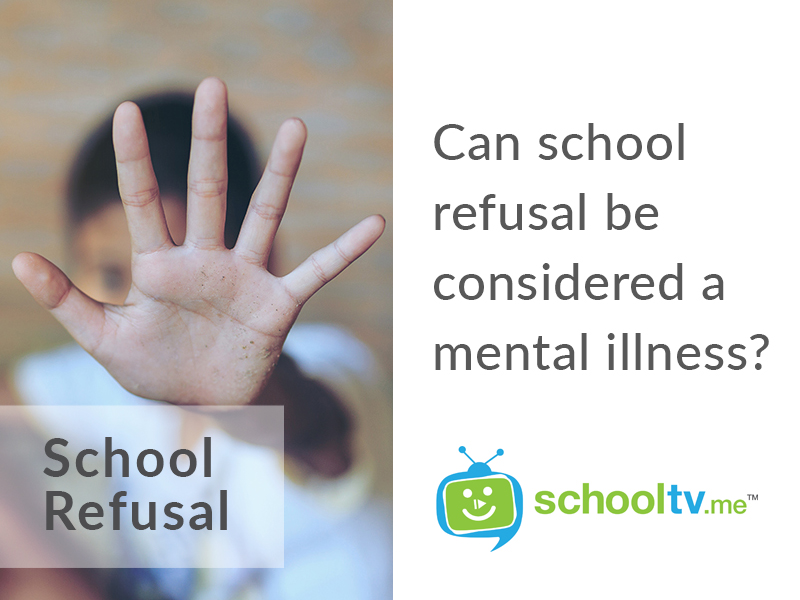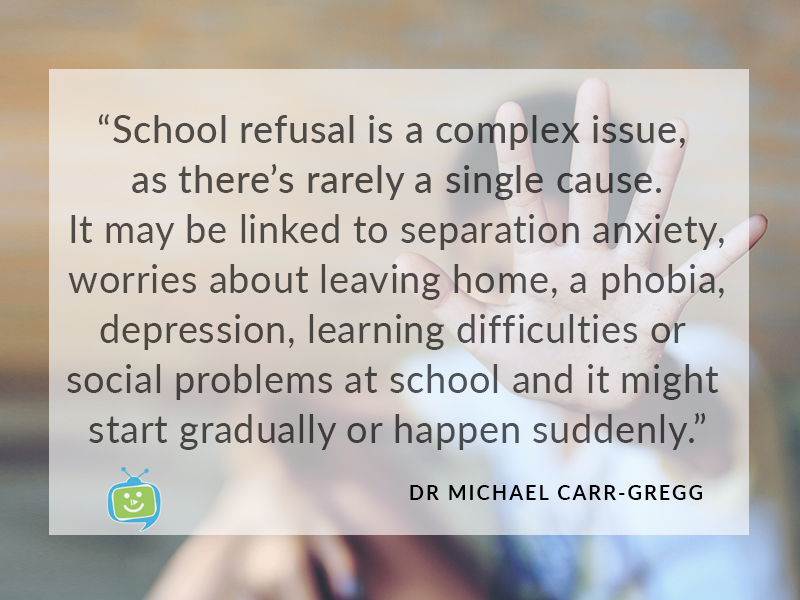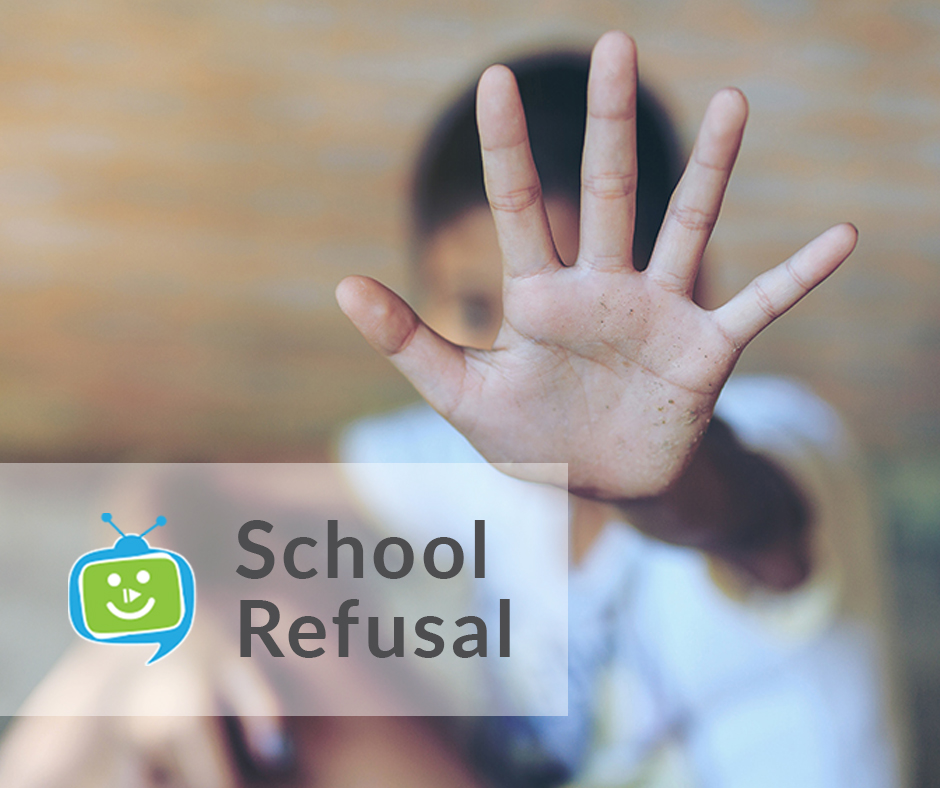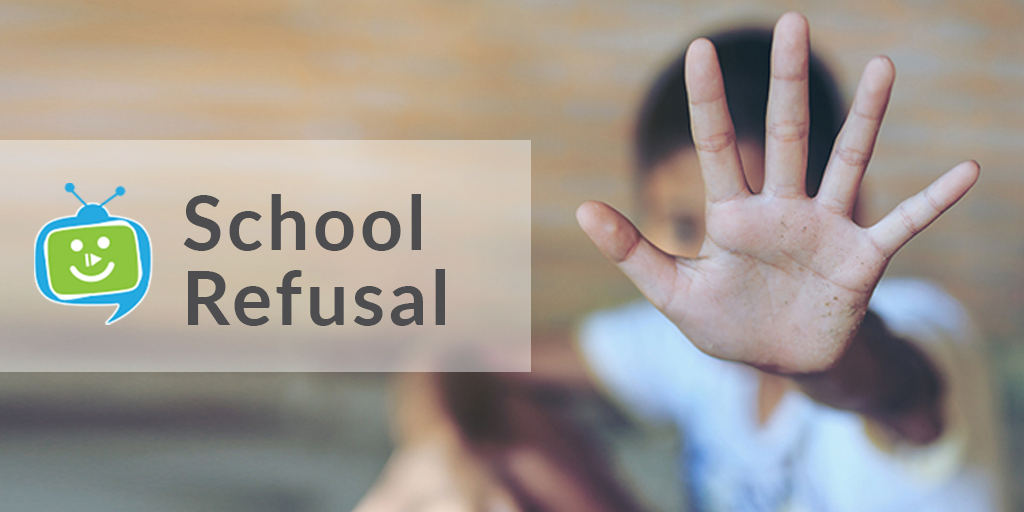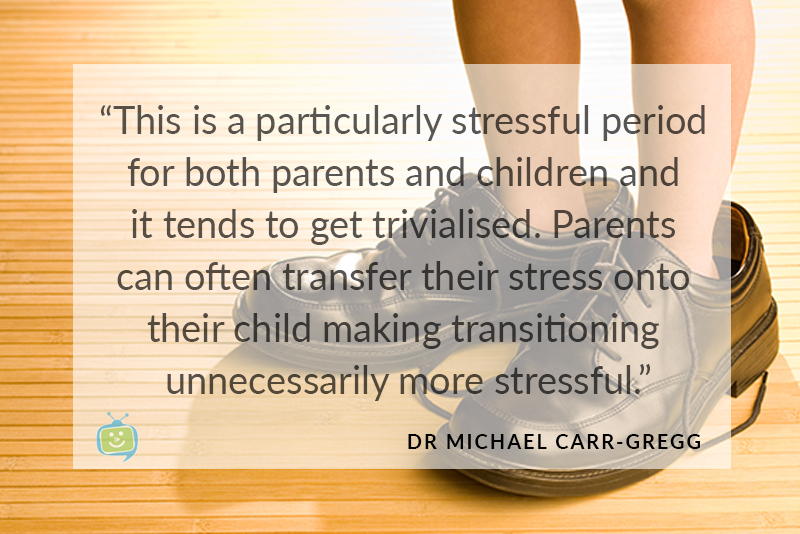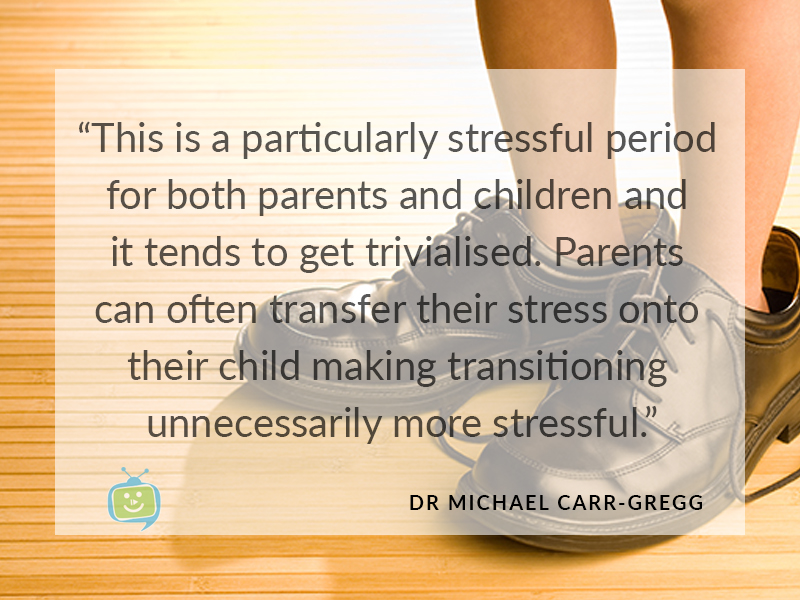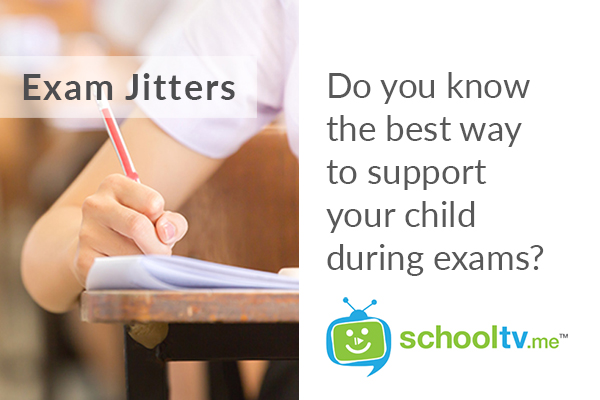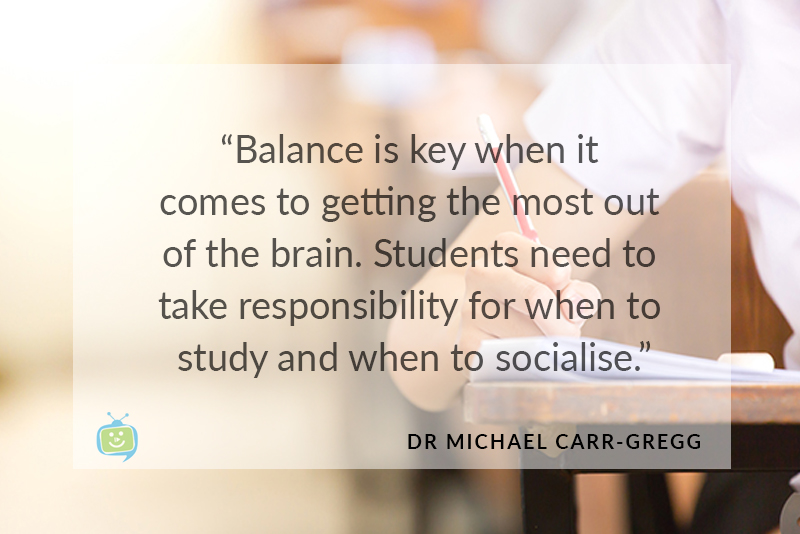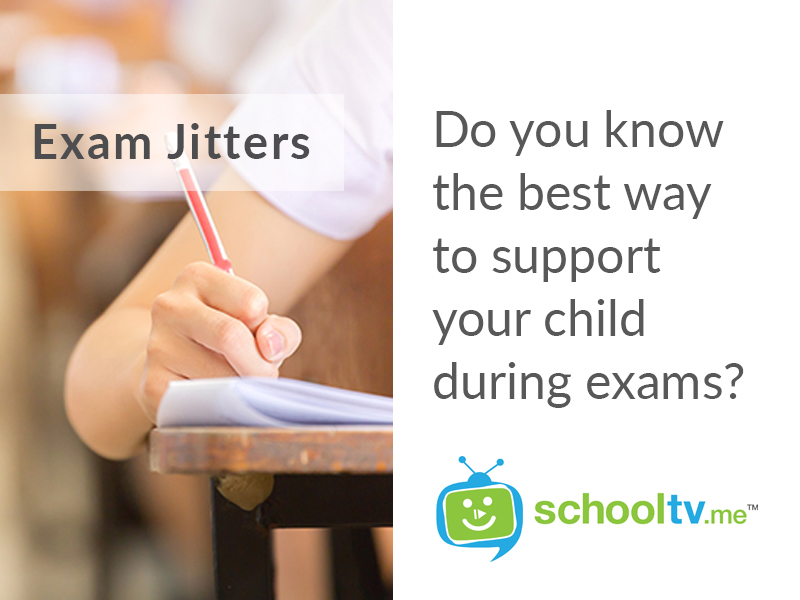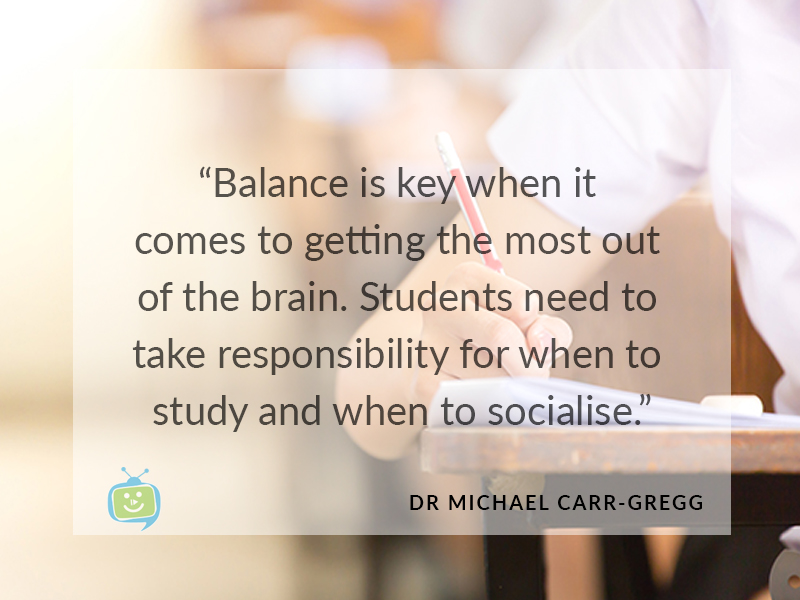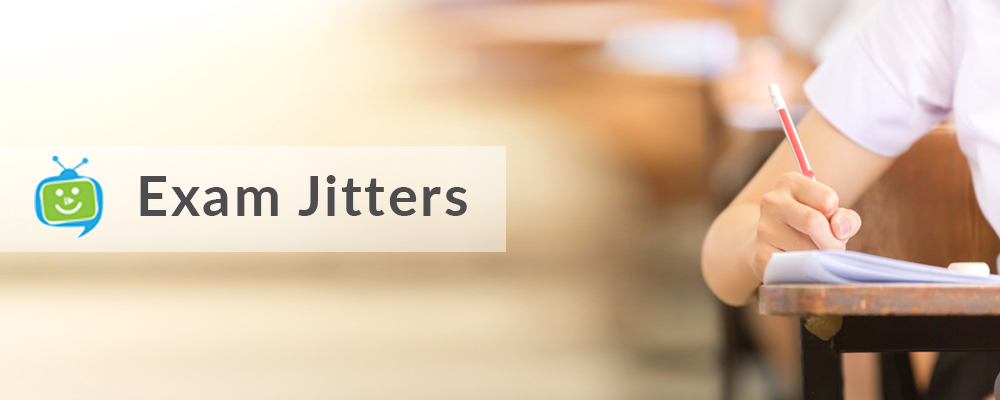
School Survival Series
Students today have very busy schedules all-year round and it’s a very different experience for the current generation. The digital revolution has changed the way kids learn and study, with information available to them 24 hours a day.
There are many strategies that students can implement to help them get through the school years but it is also important for parents understand how to support their child. This is essential during times of transition and exam time, not only emotionally, but also practically.

Topic: Bullying
In this edition of SchoolTV - Bullying
Bullying is an ongoing or repeated misuse of power in relationships, with the intention to cause deliberate psychological harm. Bullying behaviours can be verbal, physical or social. It can happen in person or online, via various digital platforms and devices and it can be obvious or hidden. Bullying in any form or for any reason can have immediate, medium and long-term effects on those involved, including bystanders.
Despite the efforts made to reduce bullying behaviours, the research tells us that one in four students still report being bullied every few weeks. However, not all negative behaviour should be considered bullying. The key difference is that bullying does not stop on its own. It’s important young people learn how to identify behaviours that are rude, behaviours that are mean, and behaviours that are related to bullying.
Often the reasons for bullying can be complex. Some young people do it to get approval from others, some do it to regain control, whilst others may do it because it makes them feel safe. Supporting young people as they work through their emotions will help them unpack the motivation and reason behind the behaviour.
In this edition of SchoolTV, caregivers can better understand why some young people engage in bullying behaviours and what to do to support a child experiencing it. We hope you take time to reflect on the information offered in this month’s edition, and we always welcome your feedback.
If you do have any concerns about the wellbeing of your child, please contact the school for further information or seek medical or professional help.
We hope you take time to reflect on the information offered in this edition of SchoolTV and we always welcome your feedback. If you have any concerns about your child, please contact the school counsellor for further information or seek medical or professional help.
Here is the link to the Bullying edition of SchoolTV
https://schooltv.me.uk/newsletter/bullying

Topic: School Refusal
In this edition of SchoolTV - School Refusal
School refusal, sometimes called school avoidance or school phobia, is not uncommon. It is different to ‘wagging’ or truancy and is often related to worry or anxiety-related issues about going to school. School refusal may start gradually or happen suddenly. Although it is normal for a child to occasionally miss a day of school, parents should only be concerned if a child regularly complains about feeling sick or often asks to stay home due to minor physical complaints.
School refusal is a complex issue as there is rarely a single cause. It affects children of all ages across primary and secondary levels. It can often occur during times of transition at school. More recently, the Coronavirus pandemic has disrupted the educational experience of all students, affecting some more than others. Dealing with a school refusal child can affect the whole family, adding pressure to an already challenging time. School refusal is not considered a formal psychiatric diagnosis. It’s a name given to an emotional and/or behavioural problem.
In this edition of SchoolTV, adult carers will learn how best to approach this issue and work towards a solution.
We hope you take time to reflect on the information offered in this edition of SchoolTV and we always welcome your feedback. If you have any concerns about your child, please contact the school counsellor for further information or seek medical or professional help.
Here is the link to the School Refusal edition of SchoolTV
https://schooltv.me.uk/newsletter/school-refusal

Topic: School Transitions
In this edition of SchoolTV - School Transitions
Whether it is starting school for the first time, moving up to a higher grade or embarking on a journey through secondary school, there is no doubt that any school transition is a very exciting time for children and parents. It means your children are growing up!
However, transitioning is an ongoing process. It can continue long after students have entered their new environment and may encounter difficulties at a number of different stages. These stressors may appear as anxiety and frustration and result in negative or disruptive behaviours. Such behaviours can become problematic making the transitioning process even more difficult for children and parents.
In this edition of SchoolTV, parents will learn practical strategies to assist your child during the transition process and reduce stress and anxiety levels.
We hope you take time to reflect on the information offered in this edition of SchoolTV and we always welcome your feedback. If you have any concerns about your child, please contact the school counsellor for further information or seek medical or professional help.
Here is the link to the School Transitions edition of SchoolTV
https://schooltv.me.uk/newsletter/school-transitions

Topic: Exam Nerves
In this edition of SchoolTV - Exam Nerves
Every year, more and more emphasis is placed on achieving good results in exams causing many students to feel extraordinary pressure and having unrealistic expectations. This month on SchoolTV, parents will find advice on how to help students cope with the pressure and how students can work smarter to achieve the results they desire.
Exams are like a game. Once you know how to play the game, your chances of achieving great results rapidly increase. Parents can learn how to assist their kids to maintain perspective and keep their sanity intact during exam time.
Diet, exercise and sleep all play an important part in helping a student balance a busy schedule and study smarter. Keeping stress levels to a minimum and reducing anxiety can be easily achieved through careful planning and having a supportive environment.
We hope you take time to reflect on the information offered in this edition of SchoolTV and we always welcome your feedback. If you have any concerns about your child, please contact the school counsellor for further information or seek medical or professional help.
Here is the link to the Exam Nerves edition of SchoolTV
https://schooltv.me.uk/newsletter/exam-nerves


